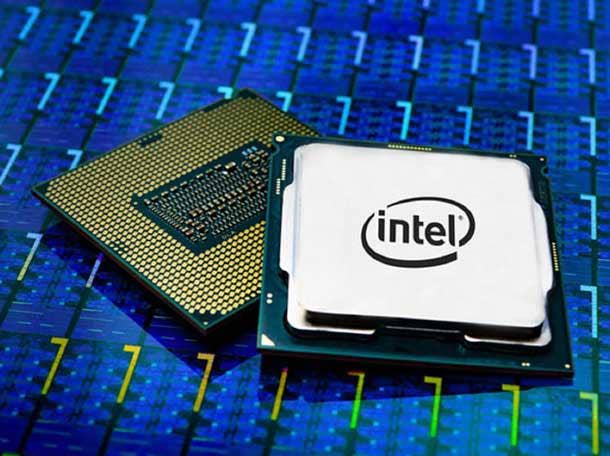Intel Discontinues Dozens Of First-Gen Xeon Scalable CPUs
The new product discontinuance notice, issued ahead of Intel’s Ice Lake server launch, cites parts ranging from the Intel Xeon Platinum 8180M to the Intel Xeon Bronze 3104, which constitutes most of the processors in the first-generation Intel Scalable product family, code-named Skylake.

Intel is discontinuing dozens of first-generation Xeon Scalable processors ahead of its much-anticipated Ice Lake server launch near the end of the year.
The Santa Clara, Calif.-based company issued a discontinuance notice Thursday for 42 tray processors and 22 boxed processors in the lineup, meaning that the days to order them through authorized distributors are numbered. The last day for partners to order the tray and boxed parts are April 23, 2021, with final shipments going out Oct. 6, 2023, according to the notice.
Intel did not respond to a request for comment by press time.
In the notice, Intel said it was discontinuing the processors because demand has “shifted to other InteL products.”
The tray and boxed parts range from the Intel Xeon Platinum 8180M to the Intel Xeon Bronze 3104. Tray processors are meant for high-volume orders by server vendors and system builders while boxed parts are sold individually through distributors.
It was unclear whether this means the entire first-generation Xeon Scalable lineup has now been discontinued because there are several SKUs in Intel’s Ark database that did not appear in the discontinuance notice. However, the discontinued tray processors constituted the majority of the SKUs in Intel’s database and the discontinued boxed processors constituted the entirety of the first-generation Xeon Scalable retail box products Intel sold.
Intel previously discontinued first-generation Xeon Scalable processors with the F suffix, which indicated SKUs that were integrated with the chipmaker’s now spun-off Omni-Path Architecture.
When the first-generation Intel Xeon Scalable family launched in 2017, they marked not only a new branding for the company’s mainstream server processors but they also introduced a new mesh architecture that improved connectivity between the processors’ cores compared to the ring architecture the company used for previous server CPUs.
At the beginning of the month, Intel reiterated its plan to begin shipping third-generation Xeon Scalable processors, code-named Ice Lake, for single- and dual-socket servers by the end of the year. The upcoming chips will mark the second phase of the third generation, which got its start over the summer with Cooper Lake processors that only support four- and eight-socket servers.
At Intel Architecture Day in August, Intel said the upcoming Ice Lake processors, which will mark the company’s first 10-nanometer server chips, will include total memory encryption, PCIe 4.0 support, a new instruction set for accelerating crypto processing and eight memory channels.
Dominic Daninger, vice of president of engineering at Nor-Tech, a Burnsville, Minn.-based high-performance computing Intel partner, said one of Skylake’s significant advancements was bringing the number of memory channels to six from four in the previous generation. It also continued the chipmaker’s leadership in per-core performance, he added.
“They’ve usually been leader in performance per core, and in simulation and modeling, if you’re paying a license per-core, you want to get all the power you can get out of that single core,” he said.